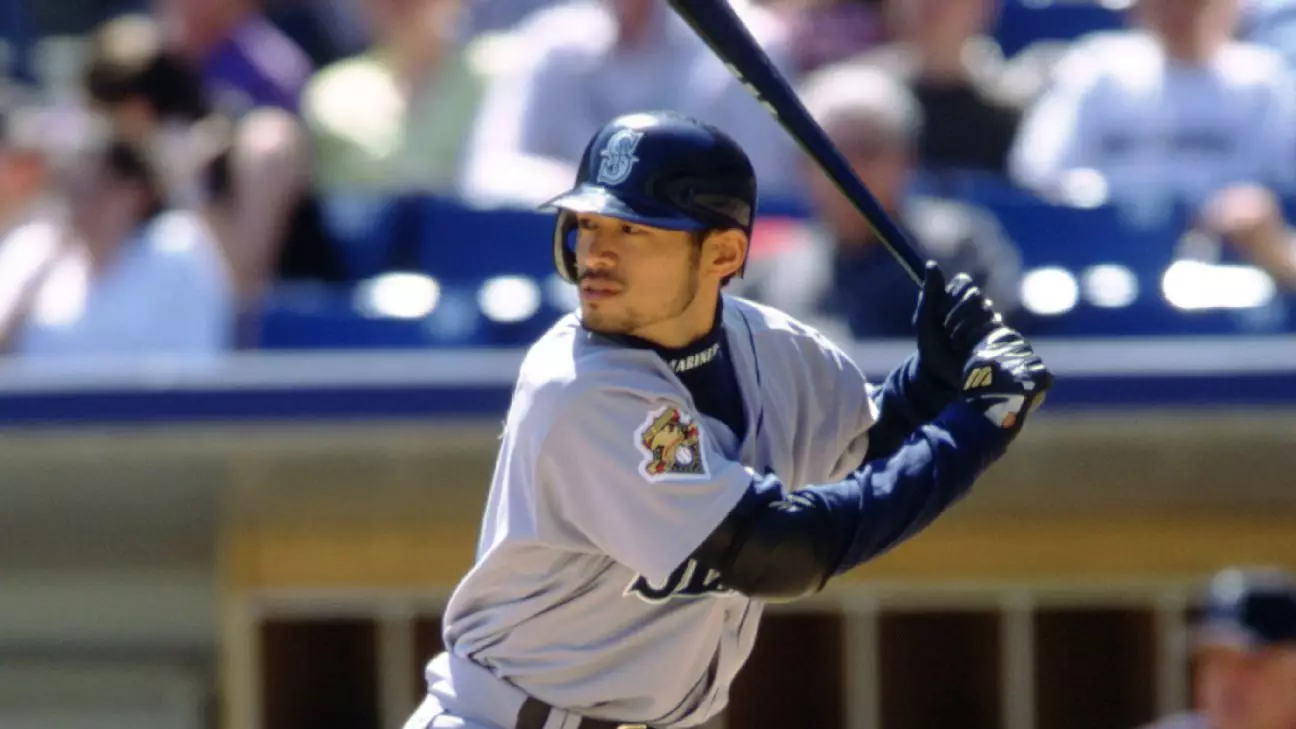The release of the 2024 Hall of Fame ballot is always a momentous occasion in the world of baseball, stirring excitement, debate, and nostalgia among fans and analysts alike. This year, the lineup includes notable newcomers such as Ichiro Suzuki and CC Sabathia, alongside returning candidates like Billy Wagner. The ballot not only reflects the changing landscape of Major League Baseball but also encapsulates the stories and legacies of its players.
Among the fresh candidates making their debut on the Hall of Fame ballot this year are 14 players who have left their marks on Major League Baseball. Ichiro Suzuki, a name synonymous with hitting prowess and agility, is undoubtedly the most touted of the new entrants. With an illustrious career that spans across two decades, Ichiro’s accomplishments are pivotal. He stands out not only for his impressive statistics—over 3,000 hits in his MLB career—but also for his landmark achievement of winning both the AL Rookie of the Year and AL MVP awards in the same season (2001), a feat accomplished only once before by Fred Lynn in 1975.
CC Sabathia also emerges as a strong candidate. A six-time All-Star and 2007 AL Cy Young Award winner, Sabathia’s contributions to the teams he played for are indelible. His record of 251 wins, paired with a robust ERA of 3.74 and over 3,000 strikeouts, showcases his dominance on the mound. A World Series champion with the New York Yankees in 2009, Sabathia’s career encapsulates the quintessential journey of a star athlete reaching the pinnacle of success.
Alongside Suzuki and Sabathia are a number of other noteworthy names like Félix Hernández, known for his historic perfect game in 2012, and Dustin Pedroia, a critical part of a Red Sox dynasty. Their inclusion on the ballot highlights the diversity of talent represented: from hitters with electrifying batting averages to pitchers who have outperformed their contemporaries.
The Legends Who Remain
While the new candidates generate buzz, several notable holdovers from previous ballots also create significant conversation. Billy Wagner, who received a remarkable 284 votes and 73.8% support last year, is battling for his place in baseball eternity as this is his 10th and final chance for induction. The fact that he is trailing only five votes behind the requisite 75% indicates the fine line that separates inclusion from exclusion. As one of the most effective closers in baseball history, Wagner’s striking ability to keep runs off the board has made him a fan favorite and a key figure in discussions about contemporary relief pitching.
Steroid controversies continue to shadow players like Alex Rodriguez and Manny Ramirez, underscoring the moral complexities associated with Hall of Fame voting. Their impressive stats are often juxtaposed against the lasting implications of their steroid use, leading to polarized opinions. Roy Halladay, Carlos Beltran, and Andruw Jones round out a formidable field of returning candidates, all of whom evoke various levels of debate about their candidacy prospects.
The Hall of Fame voting process itself instigates broader discussions about baseball culture, ethics, and the nature of legacy. The significance of the ballot extends beyond mere statistics; it encapsulates narratives of perseverance, sportsmanship, and sometimes moral ambiguity. With the votes due by December 31, 2023, and the results announced on January 23, 2024, baseball enthusiasts are left to ponder the implications of electing new members into this venerable institution.
The induction ceremony, scheduled for July 27, 2024, will not just celebrate individual achievements but also honor the collective history of a sport that binds fans across generations. It raises questions about change and continuity in baseball, encouraging fans to weigh not only career statistics but also the character and off-field contributions of these athletes.
Bryan, as the baseball world watches the voting unfold, anticipation builds for how the narratives will evolve and what stories will be told in the next chapter of Hall of Fame history. The joining of newcomers with holdovers makes the narrative richer, pushing fans and voters alike to grapple with the question of what truly qualifies a player for baseball’s most prestigious honor. As we prepare to witness the outcome of this year’s ballot, the legacy of the players involved continues to influence new generations of athletes aspiring to achieve greatness in Major League Baseball.

